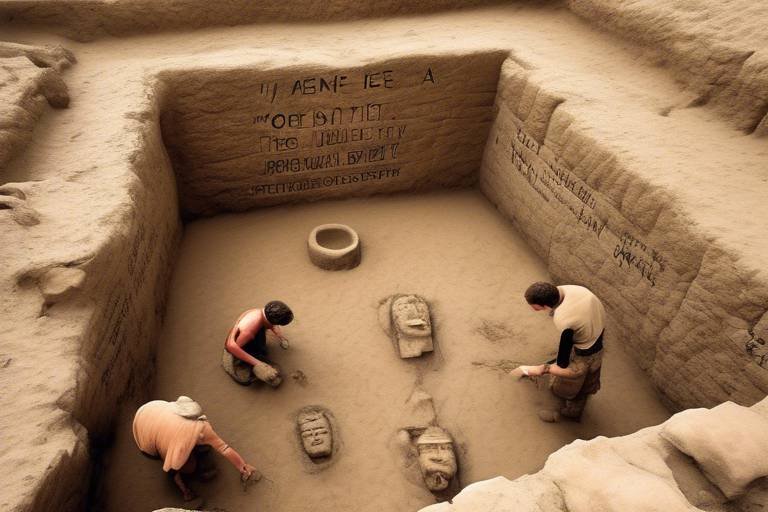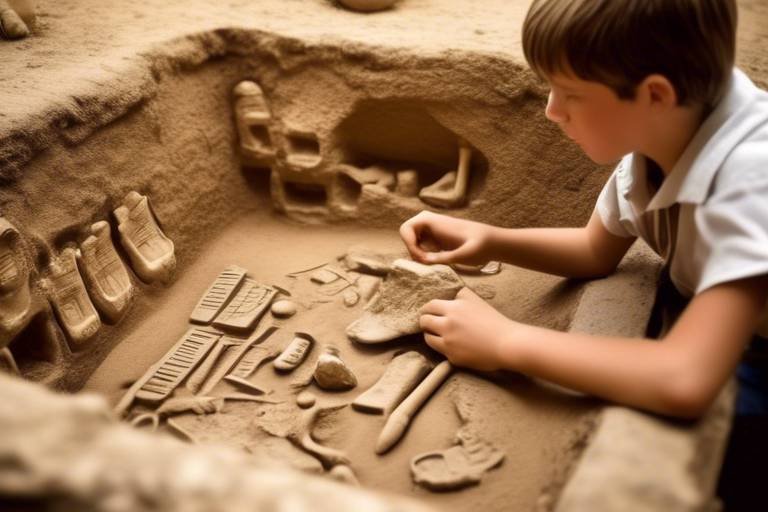The Responsibility of Archaeologists to Educate the Public
Archaeologists bear a significant responsibility to educate the public about the rich tapestry of our shared cultural heritage. Their role goes beyond mere excavation and analysis; it extends to fostering a deep appreciation for history and preserving the treasures of the past for future generations to cherish.
Through engaging with the community, archaeologists can bridge the gap between the academic realm and the general public. By developing interactive educational programs, offering guided tours of archaeological sites, and collaborating with schools and local organizations, they can bring the wonders of the past to life in a way that captivates and inspires.
Ethical considerations are paramount in the realm of public outreach. Archaeologists must approach their interactions with sensitivity and respect, especially when dealing with indigenous knowledge and addressing potentially contentious issues. Obtaining community consent and ensuring that engagement activities are culturally appropriate are essential aspects of responsible archaeological practice.
Despite the noble intentions behind their efforts, archaeologists face a myriad of challenges in their quest to educate the public. From balancing the demands of research with the need for outreach to dispelling common misconceptions about their work, they must navigate a complex landscape to effectively communicate the importance of archaeology to diverse audiences.
The benefits of public outreach in archaeology are manifold. By fostering public support for heritage preservation, encouraging community involvement in research endeavors, and bolstering the protection of archaeological sites, these efforts contribute to a more enlightened and engaged society that values its cultural legacy.
Promoting cultural heritage preservation through public education is not just a noble endeavor; it is an imperative for safeguarding our collective identity. By instilling a sense of pride in our cultural traditions, raising awareness about the fragility of archaeological sites, and advocating for sustainable heritage management practices, archaeologists play a vital role in ensuring that our heritage endures for generations to come.

Role of Archaeologists in Public Education
The role of archaeologists in public education is paramount to preserving cultural heritage and promoting historical understanding. Archaeologists serve as the bridge between the past and the present, sharing insights into ancient civilizations, artifacts, and traditions with the public. By engaging in educational initiatives, archaeologists aim to spark curiosity, appreciation, and respect for the rich tapestry of human history.
Archaeologists play a crucial role in educating the public about the significance of cultural heritage, historical preservation, and the methods used in archaeological research to enhance public understanding and appreciation of the past. Through their expertise and findings, archaeologists bring history to life, offering valuable insights into ancient societies, technologies, and belief systems.
One of the primary responsibilities of archaeologists in public education is to communicate complex research in a clear and engaging manner. By translating technical jargon into accessible language, archaeologists make archaeological knowledge more digestible and relatable to diverse audiences. Through storytelling, visual aids, and interactive experiences, archaeologists captivate the public's imagination and foster a deeper connection to the past.
Moreover, archaeologists actively participate in community outreach efforts to broaden public awareness of archaeological discoveries and the importance of heritage preservation. By collaborating with schools, museums, and local organizations, archaeologists create educational programs, workshops, and site tours that inspire curiosity and appreciation for cultural heritage. These initiatives not only educate the public but also instill a sense of pride and stewardship for historical treasures.
Furthermore, archaeologists engage with indigenous communities to honor their knowledge, traditions, and perspectives on heritage preservation. By involving local stakeholders in research projects and decision-making processes, archaeologists promote inclusivity, respect cultural diversity, and uphold ethical standards in archaeological practice. Through mutual collaboration and dialogue, archaeologists build trust, foster relationships, and cultivate a shared commitment to safeguarding our collective heritage.
In conclusion, the role of archaeologists in public education is multifaceted and impactful, shaping how society perceives and values the past. By disseminating knowledge, fostering engagement, and promoting cultural awareness, archaeologists contribute to the preservation of our shared heritage for future generations to cherish and learn from.
1. Why is public education important in archaeology?
Public education in archaeology is vital for raising awareness about cultural heritage, fostering community involvement, and promoting sustainable heritage management practices.
2. How do archaeologists engage with the public?
Archaeologists engage with the public through educational programs, site tours, workshops, collaborations with schools, and community outreach initiatives.
3. What are some challenges faced by archaeologists in public education?
Challenges include balancing research priorities with outreach, addressing misconceptions, managing limited resources, and ensuring culturally sensitive communication.
4. What are the benefits of public outreach in archaeology?
Public outreach can lead to increased support for heritage preservation, enhanced community involvement in research projects, improved protection of archaeological sites, and a more informed public audience.

Engaging with the Community
Topics to be discussed in the article include the role of archaeologists in public education, methods of engaging with the community, ethical considerations, challenges faced, benefits of public outreach, and the importance of promoting cultural heritage preservation.
Archaeologists play a crucial role in educating the public about the significance of cultural heritage, historical preservation, and the methods used in archaeological research to enhance public understanding and appreciation of the past.
Effective engagement with the community involves developing educational programs, conducting site tours, organizing workshops, and collaborating with schools and local institutions to foster a sense of shared heritage and promote archaeological awareness among diverse audiences.
Archaeologists must navigate ethical considerations such as respecting indigenous knowledge, addressing sensitive issues, obtaining community consent, and ensuring that public engagement activities are conducted in a culturally sensitive and responsible manner.
Archaeologists encounter challenges such as balancing research priorities with public outreach, addressing misconceptions, managing limited resources, and overcoming barriers to effective communication to successfully engage with the public and promote archaeological education.
Public outreach efforts in archaeology can lead to increased public support for heritage preservation, improved community involvement in research projects, enhanced protection of archaeological sites, and the development of a more informed and engaged public audience.
Promoting cultural heritage preservation through public education helps raise awareness about the importance of safeguarding archaeological sites, artifacts, and traditions, fostering a sense of pride in cultural identity, and encouraging sustainable heritage management practices for future generations.
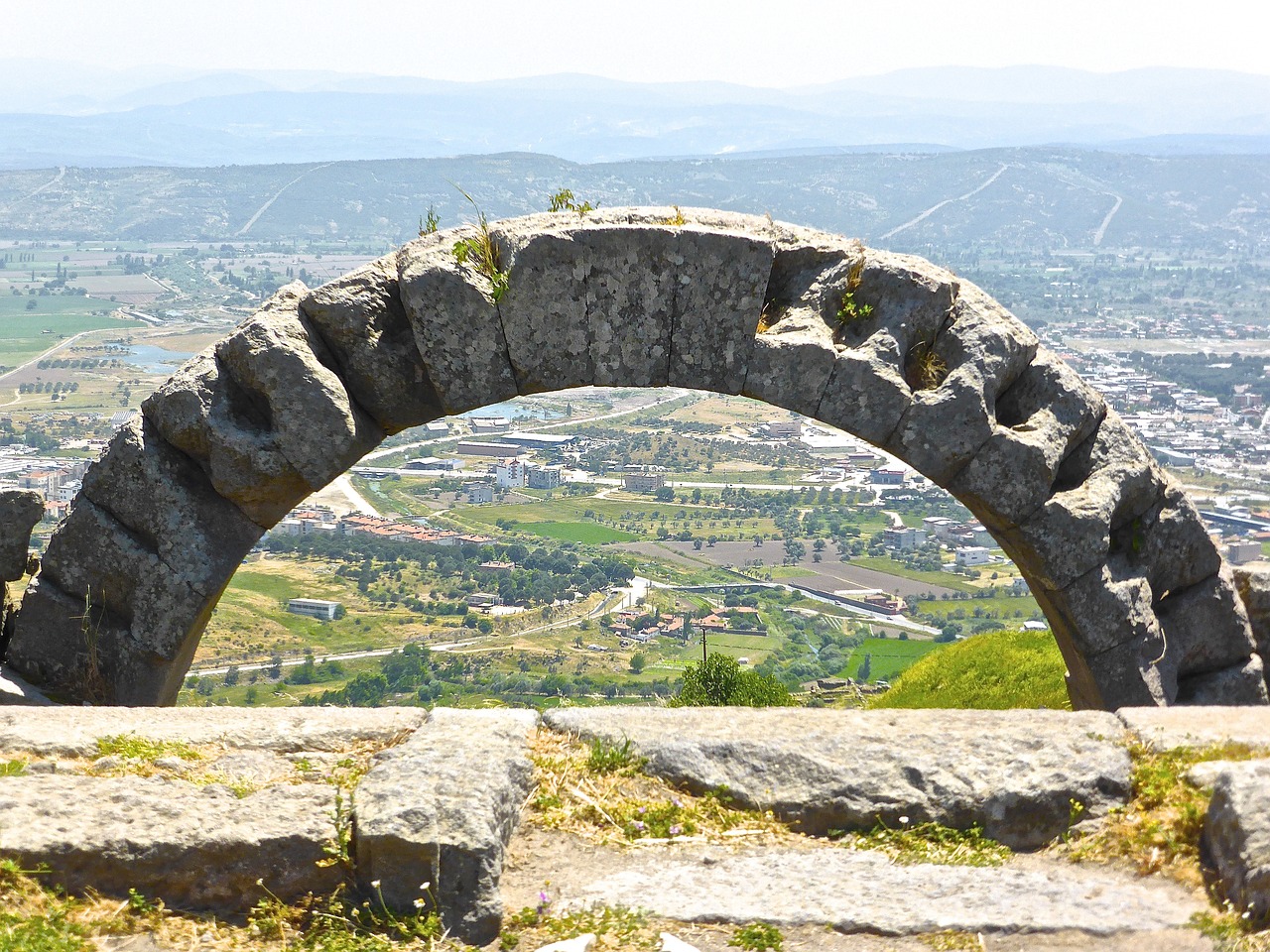
Ethical Considerations in Public Outreach
Archaeologists have a significant responsibility to educate the public about the importance of cultural heritage, historical preservation, and the methodologies employed in archaeological research. By sharing their knowledge and expertise, archaeologists can enrich public understanding and foster a deep appreciation for the past.
Archaeologists serve as educators, imparting valuable insights into the significance of cultural heritage and the preservation of historical artifacts. Through their work, they aim to bridge the gap between the past and the present, offering a window into ancient civilizations and practices.
Effective engagement with the community is essential for archaeologists to fulfill their educational mission. This involves developing interactive programs, leading site tours, organizing workshops, and collaborating with schools and local institutions to cultivate a shared sense of heritage and promote archaeological awareness among diverse audiences.
When conducting public outreach, archaeologists must navigate various ethical considerations to ensure that their efforts are respectful, responsible, and culturally sensitive. This includes acknowledging and honoring indigenous knowledge, addressing potentially sensitive issues with care, obtaining community consent for activities, and conducting engagements in a manner that upholds ethical standards.
One of the key ethical considerations in public outreach is the need to respect the cultural beliefs and traditions of the communities being engaged with. Archaeologists must approach their work with sensitivity and awareness of the potential impact their activities may have on local cultures and heritage.
Archaeologists encounter numerous challenges in their efforts to educate the public, including balancing the demands of research with outreach activities, dispelling misconceptions about the field, managing limited resources effectively, and overcoming communication barriers. By addressing these challenges, archaeologists can enhance their ability to engage with the public and promote archaeological education.
Public outreach initiatives in archaeology yield a range of benefits, including garnering increased support for heritage preservation, fostering greater community involvement in research endeavors, bolstering the protection of archaeological sites, and cultivating a more informed and engaged public audience. Through outreach efforts, archaeologists can inspire a shared commitment to safeguarding our cultural heritage for future generations.
Promoting cultural heritage preservation through public education is crucial for raising awareness about the significance of safeguarding archaeological sites, artifacts, and traditions. By instilling a sense of pride in cultural identity and advocating for sustainable heritage management practices, archaeologists contribute to the preservation of our shared heritage for generations to come.
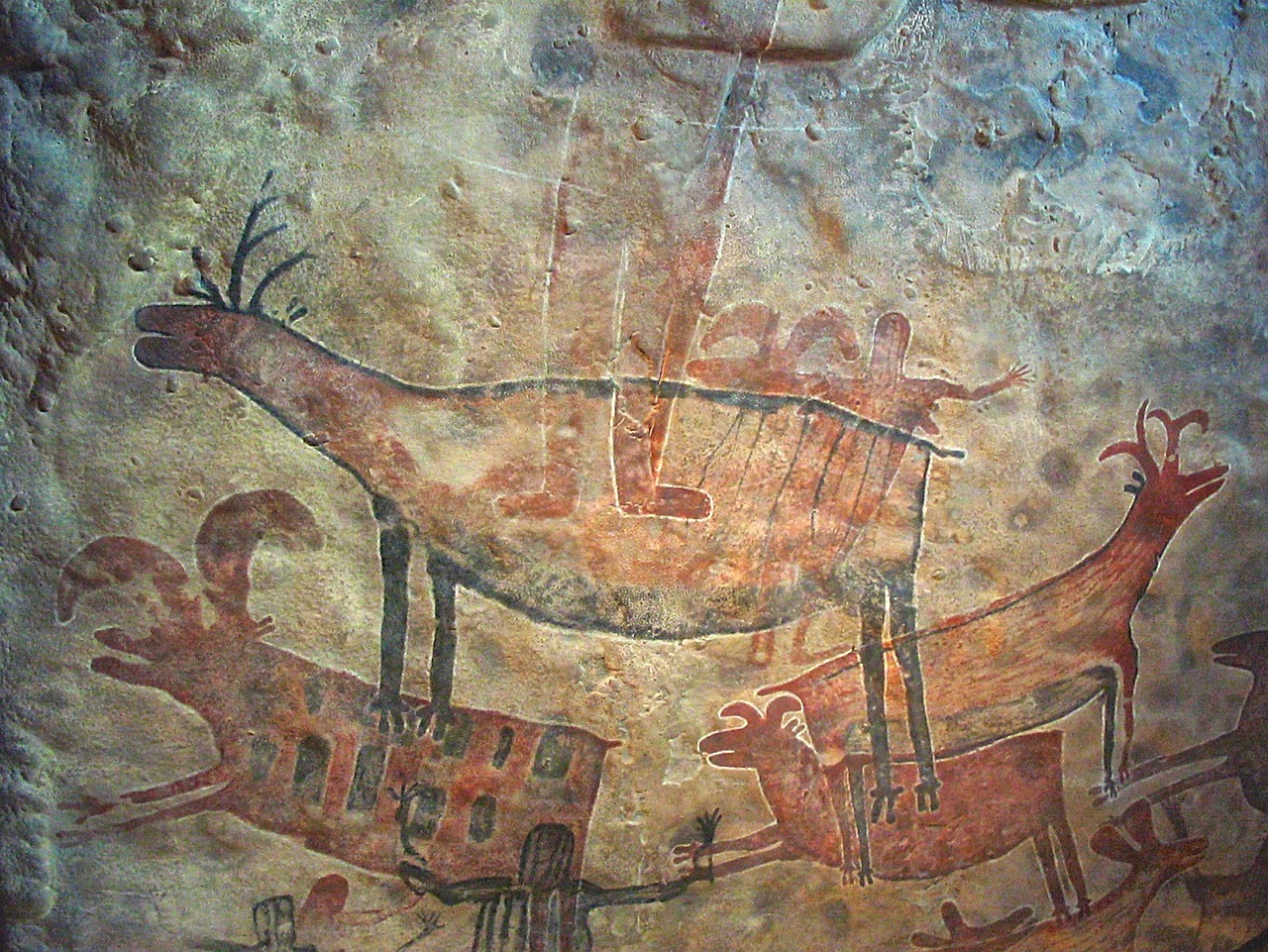
Challenges Faced by Archaeologists
Archaeologists face a myriad of challenges in their efforts to educate and engage with the public. One significant challenge is the delicate balance between prioritizing research objectives and dedicating time and resources to public outreach initiatives. This often requires careful planning and coordination to ensure that both aspects receive adequate attention and support.
Another common challenge is the need to address and dispel misconceptions about archaeology that may exist within the public domain. Misunderstandings about the nature of archaeological work, the significance of cultural heritage, and the methods employed in the field can hinder effective communication and engagement with diverse audiences. Archaeologists must invest time in clarifying these misconceptions and fostering a better understanding of their work.
Limited resources present a significant hurdle for archaeologists engaged in public outreach. Securing funding for educational programs, site tours, and community workshops can be a challenging task, particularly when competing with other research priorities. Finding creative solutions to maximize resources and reach a wider audience is essential for successful public engagement efforts.
Overcoming barriers to effective communication is another key challenge faced by archaeologists. Communicating complex research findings and technical information in a clear and accessible manner to non-specialist audiences requires skill and expertise. Archaeologists must develop strategies to bridge the gap between academic research and public understanding, ensuring that their work resonates with diverse community members.
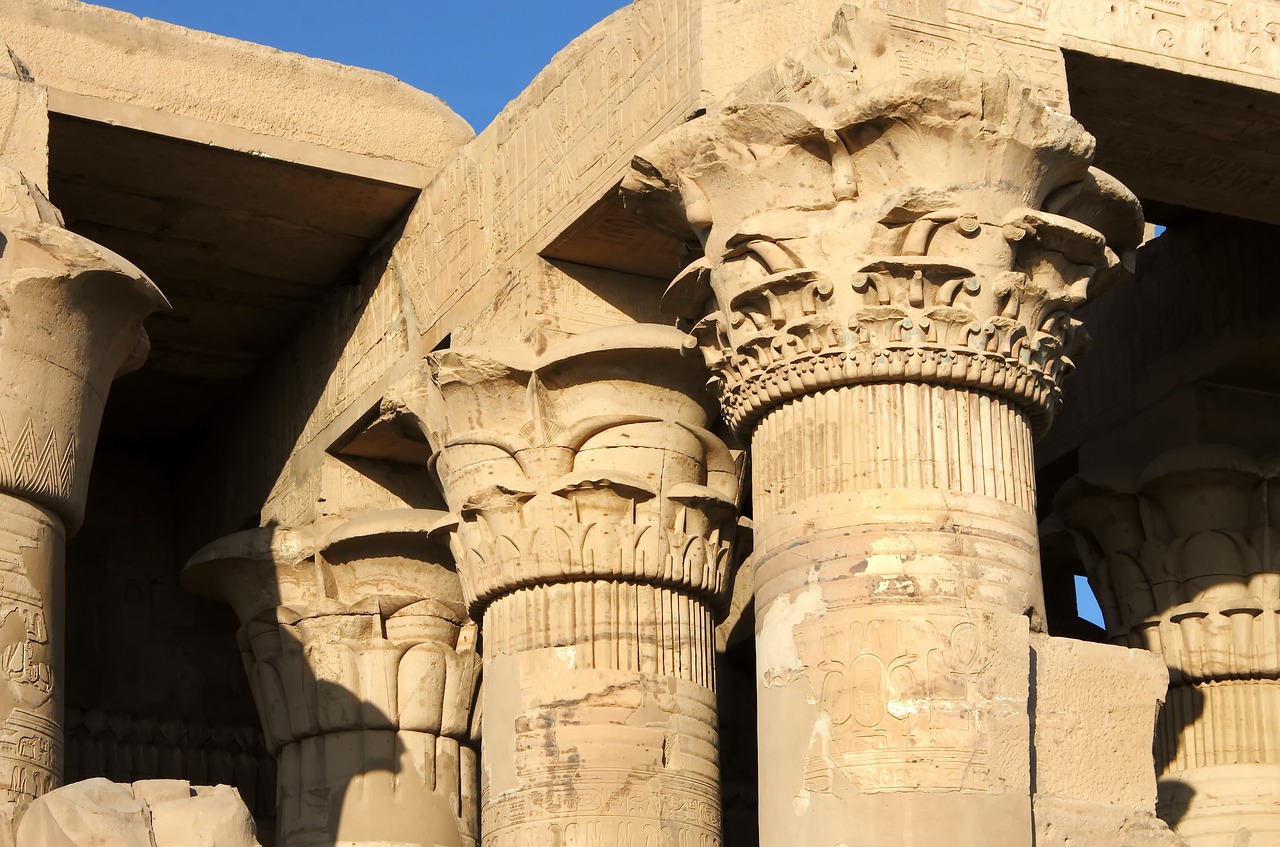
Benefits of Public Outreach in Archaeology
Public outreach in archaeology offers a multitude of benefits that extend beyond the academic realm. By engaging with the community and sharing knowledge about archaeological discoveries, researchers can foster a deeper appreciation for cultural heritage and historical significance. One of the key advantages of public outreach is the increased public support it generates for heritage preservation efforts. When individuals are educated about the value of archaeological sites and artifacts, they are more likely to advocate for their protection and conservation.
Moreover, public outreach initiatives in archaeology can lead to improved community involvement in research projects. By inviting local residents to participate in excavations, workshops, or educational programs, archaeologists can create a sense of ownership and connection to the heritage of the area. This collaborative approach not only enriches the research process but also strengthens the bond between researchers and the community.
Another significant benefit of public outreach in archaeology is the enhanced protection of archaeological sites. By raising awareness about the importance of preserving these sites, researchers can mobilize public support to prevent looting, vandalism, or unauthorized development. Through educational campaigns and site tours, archaeologists can instill a sense of responsibility and stewardship in the local population, contributing to the long-term safeguarding of cultural heritage.
Furthermore, public outreach efforts contribute to the development of a more informed and engaged public audience. By sharing their findings, methodologies, and passion for archaeology with diverse audiences, researchers can inspire curiosity and appreciation for the past. This increased awareness can lead to a greater understanding of the complexities of archaeological research and the significance of cultural heritage preservation.
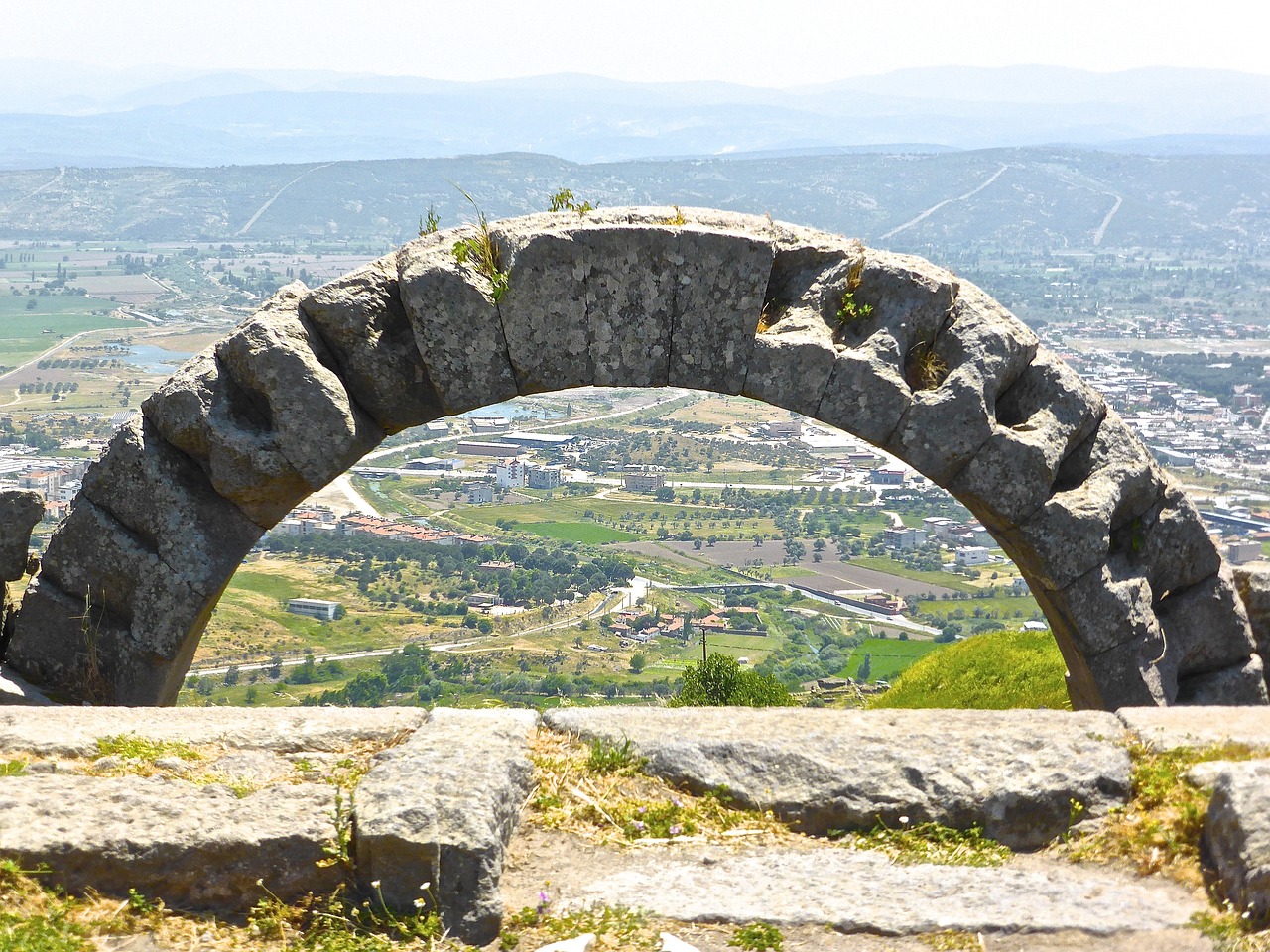
Importance of Promoting Cultural Heritage Preservation
The promotion of cultural heritage preservation is a vital aspect of archaeological work that goes beyond just studying the past. By actively engaging in public education initiatives, archaeologists can instill a sense of responsibility and appreciation for cultural heritage in society. This promotion serves as a bridge between the past and the present, connecting people with their history and fostering a deeper understanding of their roots.
Through the preservation of cultural heritage, communities can maintain a connection to their traditions and ancestors, ensuring that valuable knowledge and practices are not lost to time. It's like safeguarding a precious heirloom, passing it down through generations to keep the legacy alive. This preservation effort is a testament to the resilience and richness of human history, showcasing the diversity and creativity of past civilizations.
Furthermore, promoting cultural heritage preservation helps in creating a sustainable future where historical sites and artifacts are protected for the enjoyment and education of future generations. Just like tending to a garden, nurturing and preserving cultural heritage ensures that it continues to flourish and inspire awe and wonder in those who come after us.
Frequently Asked Questions
- What is the role of archaeologists in public education?
Archaeologists play a vital role in educating the public about cultural heritage, historical preservation, and archaeological research methods to enhance public understanding and appreciation of the past.
- How do archaeologists engage with the community?
Archaeologists engage with the community by developing educational programs, conducting site tours, organizing workshops, and collaborating with schools and local institutions to promote archaeological awareness and foster a sense of shared heritage.
- What ethical considerations do archaeologists face in public outreach?
Archaeologists must navigate ethical considerations such as respecting indigenous knowledge, addressing sensitive issues, obtaining community consent, and ensuring that public engagement activities are conducted in a culturally sensitive and responsible manner.
- What challenges do archaeologists encounter in their work?
Archaeologists face challenges such as balancing research priorities with public outreach, addressing misconceptions, managing limited resources, and overcoming communication barriers to effectively engage with the public and promote archaeological education.
- What are the benefits of public outreach in archaeology?
Public outreach efforts in archaeology can lead to increased public support for heritage preservation, improved community involvement in research projects, enhanced protection of archaeological sites, and the development of a more informed and engaged public audience.
- Why is promoting cultural heritage preservation important?
Promoting cultural heritage preservation through public education raises awareness about safeguarding archaeological sites, artifacts, and traditions, fosters pride in cultural identity, and encourages sustainable heritage management practices for future generations.

